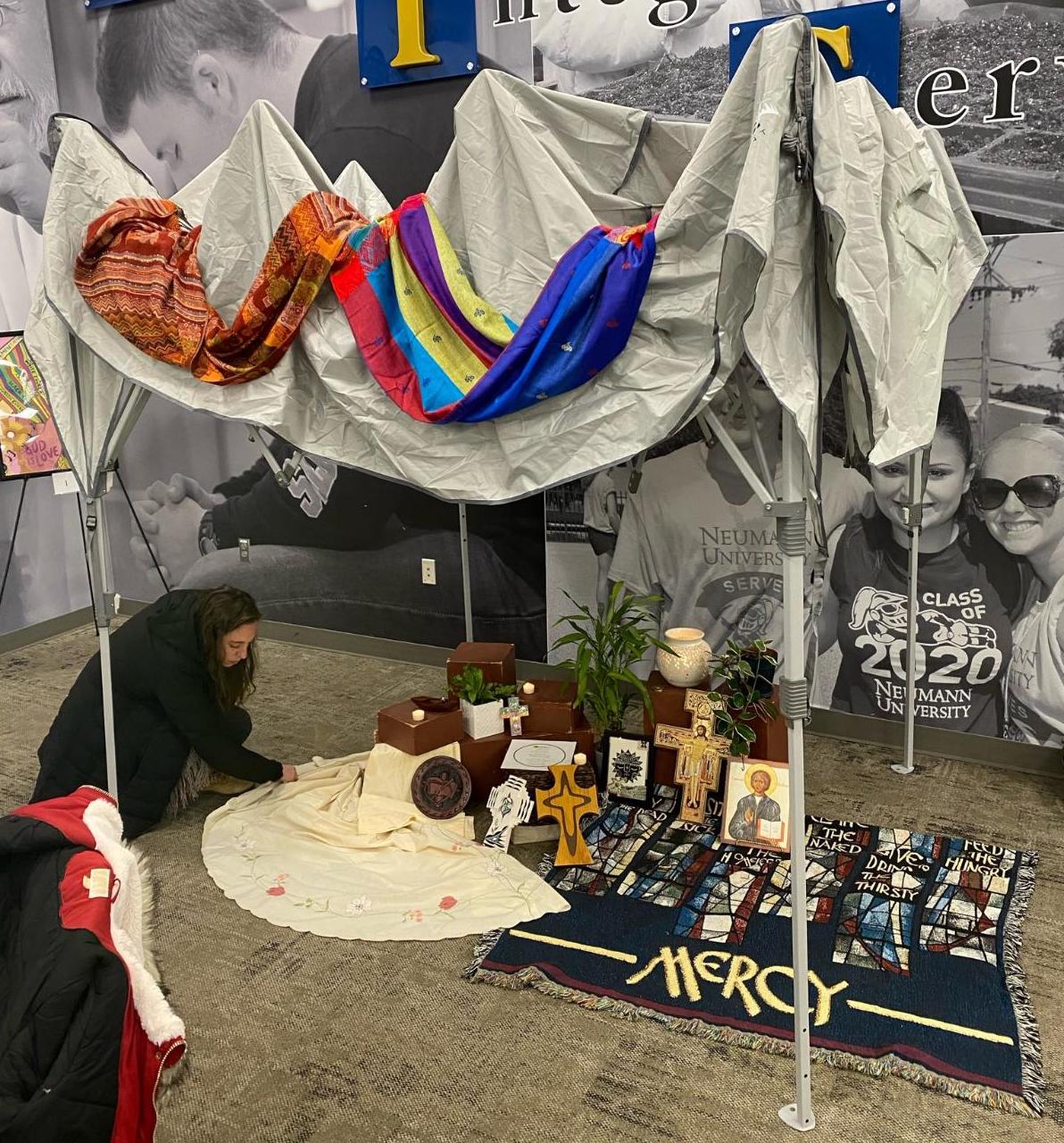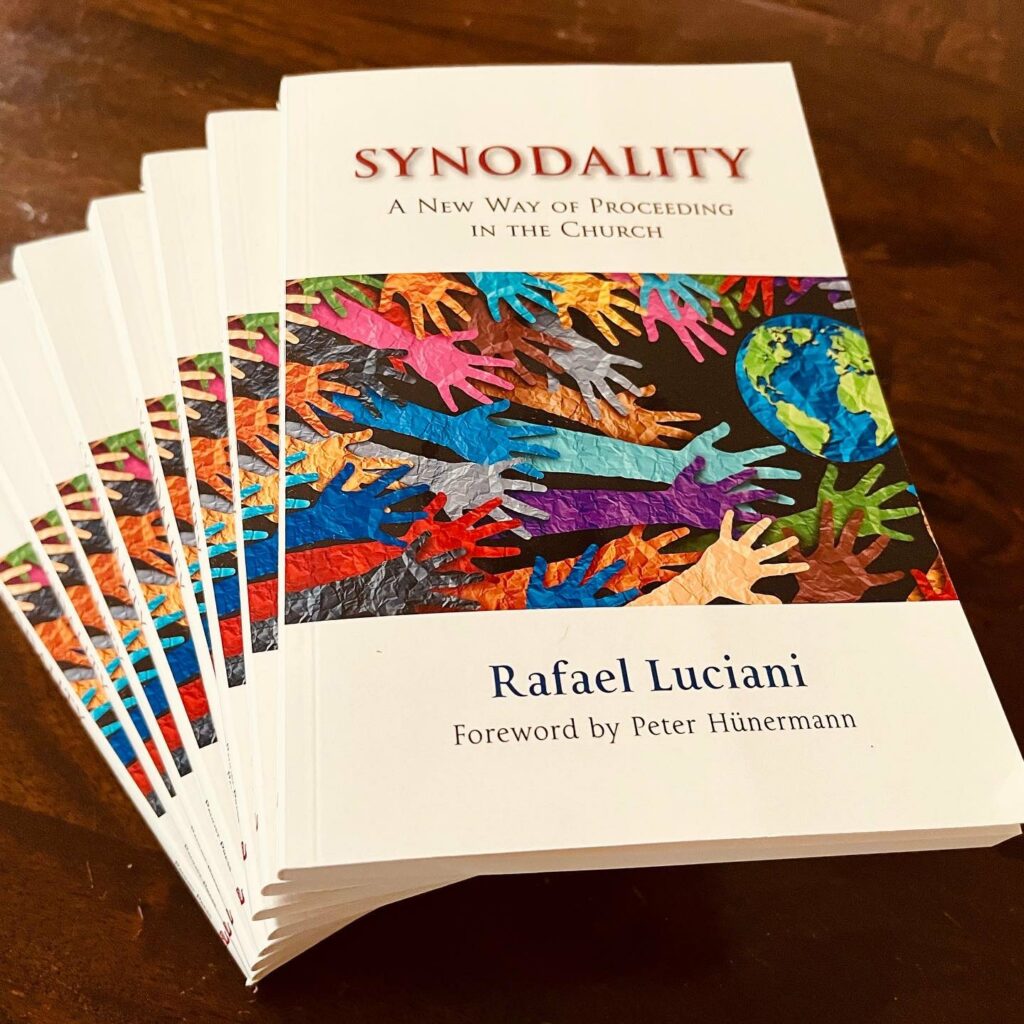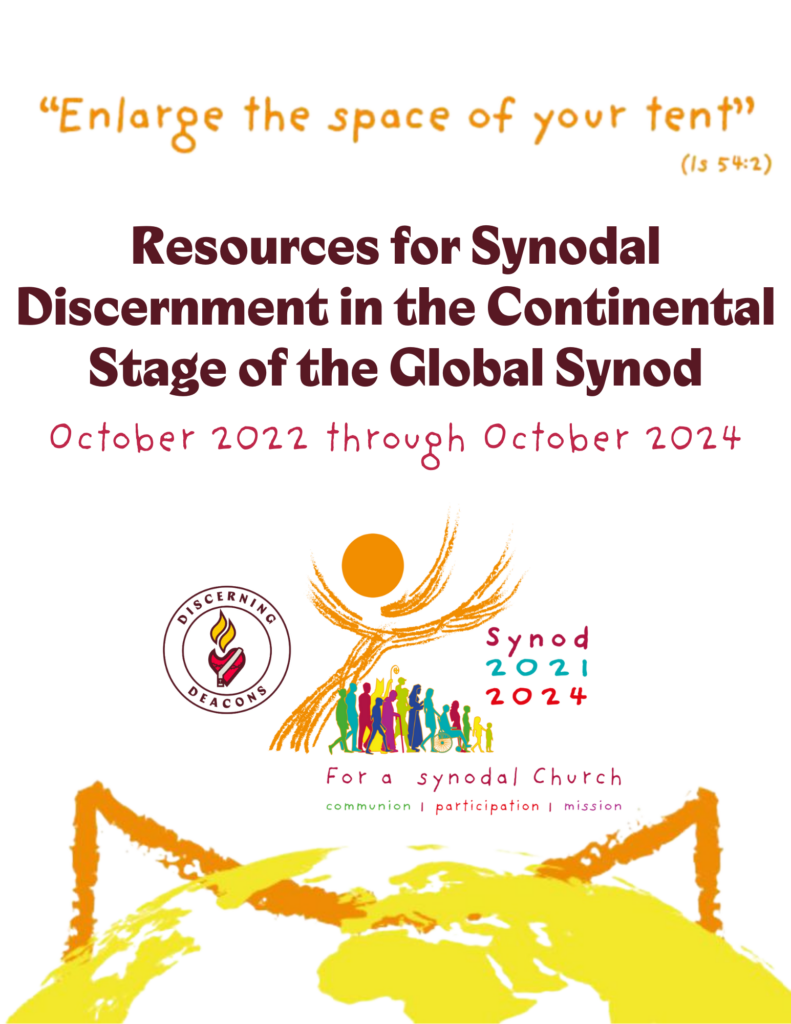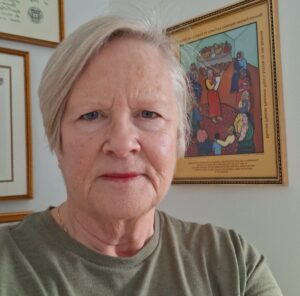Protagonists in the Continental Stage

The USCCB has been working in concert with the Canadian Catholic Bishops to carry out 10 virtual sessions (only a few remaining!) and formally consult with bishops and lay delegates during the continental stage of the global synod. The USCCB will also host a listening session for national organizations that are contributing to the process in “Region XVI” – and I hope you join me in rejoicing as Lisa Amman and Ellie Hidalgo represent Discerning Deacons in that gathering.
I heard many reactions – and I myself initially felt – that the process in the continental stage was feeling narrow. How could we – as parishioners in local churches – still participate and build momentum for the seismic transformation that Pope Francis and the Synod Process seems to call for?
Reading Synod-expert Rafael Luciani’s recent book helped me catch a deeper vision. Luciani emphasizes that this synod is about beginning a process of synodalization: a time of becoming synodal at every level in the life of our beloved Church! There is not only one way for the people of God to be protagonists in the global synod.
The formal pathways and gatherings anchor the process – they provide a kind of skeleton. But we are all part of building the muscle to listen and to walk together. This muscle has atrophied in parts of the institutional life of the Church.
Here’s the mystery: it takes every baptized human being, the whole sensus fidelium, to build the synodal muscle. Together we participate as the Body of Christ, walking in communion, wounded, yes, but also a living sign of resurrection, a refuge, an embrace of mercy for all of humanity.
Synodality is not an event. Or even a few events. It can’t be reduced to formal gatherings. It’s a constitutive dimension that allows for renewal of the Church in every generation.
As Discerning Deacons, we want to continue to catalyze and animate this process!
So we’ve been living the question: how to continue to be protagonists for a synodal Church?
Our friends at St. Francis Xavier College Church in St. Louis gave us one glimpse when they brought together 50 people from around the archdiocese to reflect on how the local process of parish mergers, consolidations, and re-visioning (“All things new“) might be in fruitful dialogue with “Enlarge the Space of your Tent.” In particular, they wrestled with why rethinking women’s participation is a “critical and urgent” matter for the Church in the Archdiocese of St. Louis.
At St. Francis Xavier they are charting new territory – trying to reflect on forms of synodal leadership and governance where all people’s gifts are received and unleashed for mission. Trusting in a patient, deliberative, relational process, while being guided by an awakened imagination and creativity, they are forging new models for women’s governance. Now they are taking up the responsibility to share this with others: with other Jesuit parishes around the country, and with their own Archbishop. They are inflaming the imagination about how “all things new” can be seen not only through the experience of constraint or scarcity – but can be guided by a belief in the one who came that we might have life, and have it abundantly.
As participants gathered in the room, it was clear that drawing the connections between women’s participation and renewing our parishes for communion, participation and mission is a vital theme for the local church. We can help free the Church’s imagination to dream and to see more clearly the gifts for ministry, leadership, and preaching that are already present in spades.
This is not a conversation that is only happening in St. Louis – it’s one that is taking place around the country as we ask with humility and with boldness: Why is rethinking women’s participation “critical and urgent” for the Church in our diocese?
We are all invited to play a part in enlarging the space of our tent – to hold the space for God to move and reveal, renew, resurrect.
We are part of building the momentum, as we tend the seeds planted in the first phase and help them to grow in this next phase.




